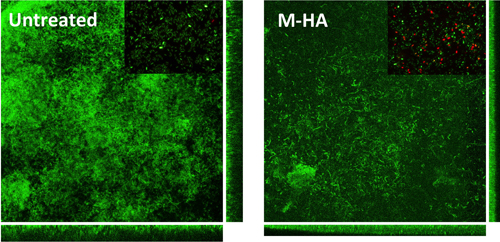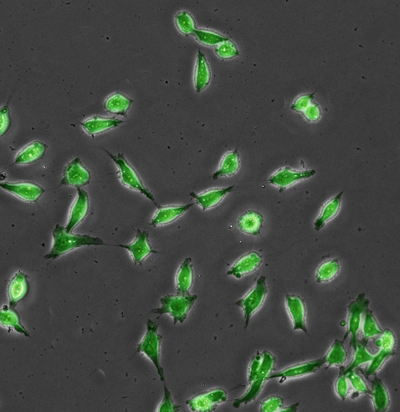Safe nanomotors propelled by sugar
 Researchers at IBEC and their collaborators have made a breakthrough in nanomotors for applications in medicine by developing the first ever fully biocompatible self-propelling particles that are powered by enzymes that consume biological fuels, such as glucose.
Researchers at IBEC and their collaborators have made a breakthrough in nanomotors for applications in medicine by developing the first ever fully biocompatible self-propelling particles that are powered by enzymes that consume biological fuels, such as glucose.
In Nanoletters today, IBEC group leader and ICREA research professor Samuel Sánchez and his collaborators at Max Planck Institute for Intelligent Systems (MPI-IS), the University of Tübingen and the MPI for Solid State Research, describe their fabrication of enzyme-powered synthetic nanomotors that overcome the disadvantages of current systems by being both biocompatible and powered by biologically benign fuels.

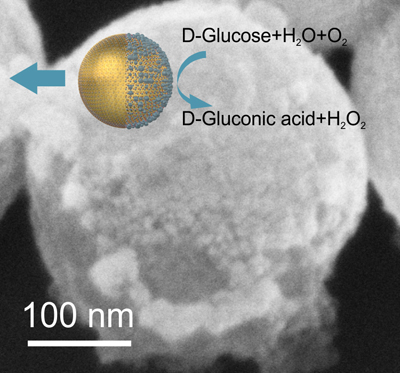
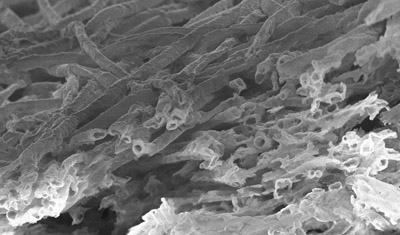

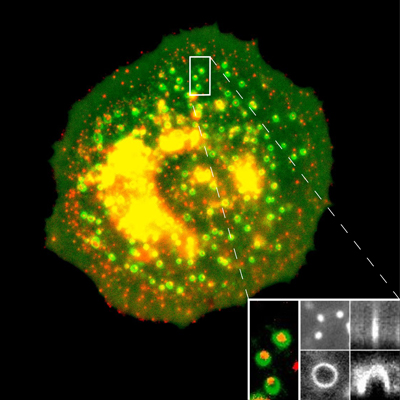
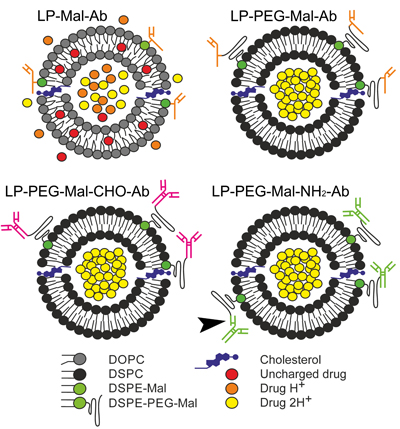
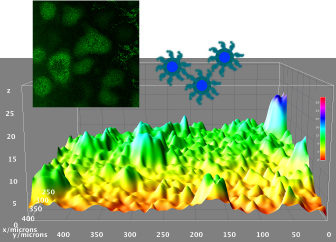
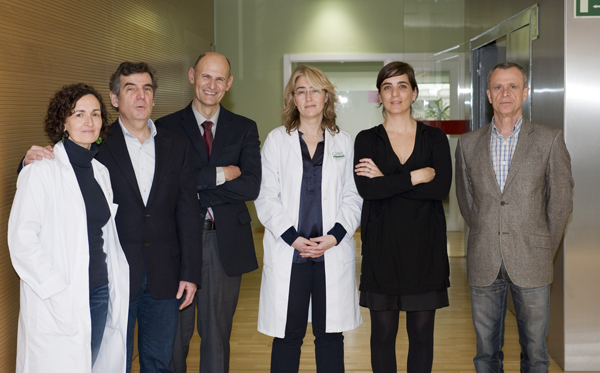
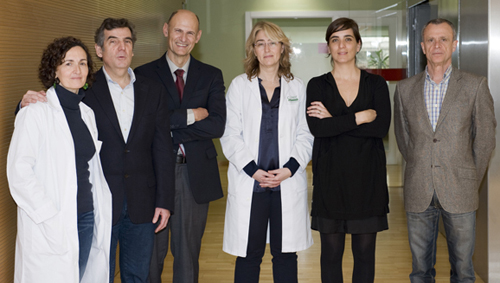 Researchers at the Hospital Clínic, IDIBAPS, the Hospital Sant Joan de Deu and the Institute for Bioengineering of Catalonia (IBEC) have participated in a study, led by Dr. Juan Carlos Izpisúa Belmonte of the Gene Expression Laboratory at California’s Salk Institute, that uses molecular “scissors” to remove mitochondrial mutations in mouse eggs.
Researchers at the Hospital Clínic, IDIBAPS, the Hospital Sant Joan de Deu and the Institute for Bioengineering of Catalonia (IBEC) have participated in a study, led by Dr. Juan Carlos Izpisúa Belmonte of the Gene Expression Laboratory at California’s Salk Institute, that uses molecular “scissors” to remove mitochondrial mutations in mouse eggs. 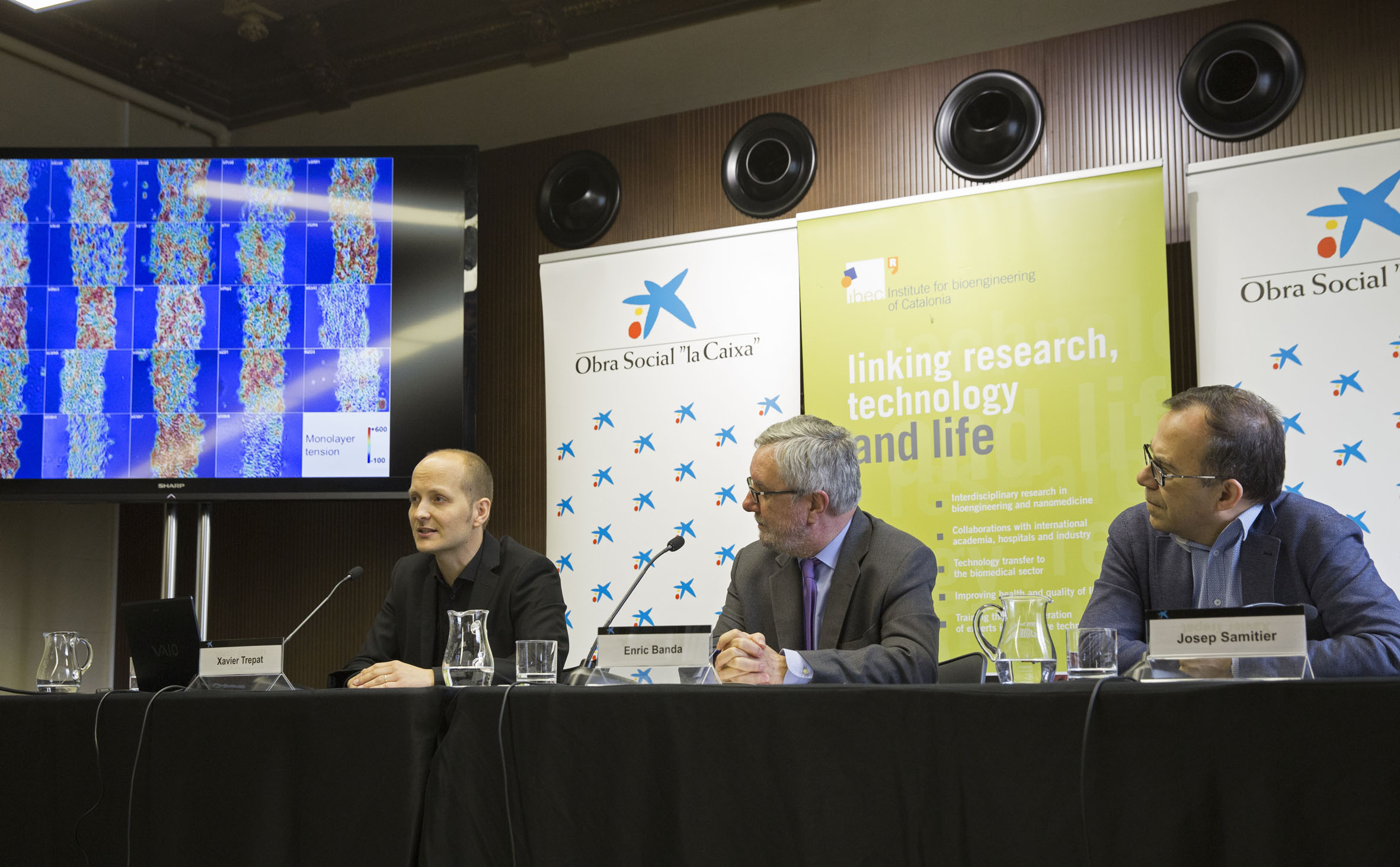
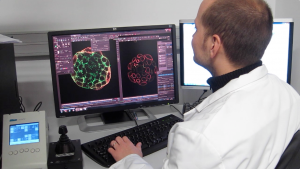 Pioneering international study supported by the Obra Social “la Caixa” opens new possibilities to control metastasis
Pioneering international study supported by the Obra Social “la Caixa” opens new possibilities to control metastasis